“We need to offer excellence to everyone, to all VET learners […] no one should be left behind. In short, education should be both excellent and inclusive” (Thyssen’s message to EfVET Conference 2018).
In the recent EU policy on VET, the paramount vocation “to leave no one behind” is clearly stated, by promoting a “whole-school approach” in education for sustainable development (EU Council Conclusions, 2010). The Bruges Communiqué (2010) mentions VET role in promoting social cohesion and facing societal challenges, underlining its dual objective: excellence and inclusion. Also the Riga Declarations (2015) claim to “quality and attractiveness of accessible and inclusive VET” by “more flexible and permeable systems”. The EU New Skills Agenda (2016) invites VET to work on “personal fulfilment and development, social inclusion, active citizenship and employment”, in line with the strategy of “a resilient, inclusive and sustainable growth at territorial level” (Communication Strengthening Innovation in Europe’s Regions, 2017).
(Article published on the EfVET Magazine for Professionals – issue March/2020).
In the current context of global challenges (skills mismatch, unemployment, technological paradigm shift), the role of VET in driving both inclusion and excellence is paramount. The experience of Cometa Formazione – Oliver Twist VET school, shows the relevance of new approaches in the VET system. A system where developing students’ capabilities (Nussbaum, 2011) becomes the main goal of teaching and training activities: future workers need not only professional skills for a (less and less) permanent job, rather they have to develop personal capabilities to keep themselves employable and smart citizens, the only way to safeguard social cohesion in the next decades (Nussbaum 2010; Alessandrini, 2014).
Cometa Formazione, since its beginning, has been trying to educate students, mainly from disadvantaged groups. Due to this specific target group, Cometa has developed the pedagogical approach of Inclusive Excellence (Mele and Nardi, 2018; Nardi et al., 2018), providing students with high quality professional skills, but carefully fostering their social and emotional skills. It is possible to summarize this approach in 4 main elements:
1. Personalization
As also recently promoted in the Finnish VET system, personalization of learning pathways is a key driver for excellence in VET and a crucial condition for inclusion. Personalization implies a tailored program based on leaners’ attitude and competencies; there are 3 activities:
- Observation: Tutors analyze and monitor learners’ skills assessment (foundational, professional and non-cognitive skills).
- Planning (and re-planning): after the preliminary observation, as well as during the monitoring, a personalized project is planned (and adapted) for every learner. It is important to share the project with relevant stakeholders (colleagues, parents, social services) and, of course, the learners themselves.
- Team Supervision: the success of a personalized project is related to the ability to include different points of view from other colleagues in charge of this task, in a “community of practice” model.
2. Reality-based training models
Training based on real tasks and challenges helps not only the development of professional skills, but also (even more) non-cognitive skills. The reality-based learning in Cometa (School-Enterprise), challenge-based learning in Euskadi (Ethazi) or Nordic coutries, the project-based learning in the Netherlands, offer an extraordinary opportunity of learning in a quasi-company environment, but still in school.
3. Work-based Guidance
The quality of internships, apprenticeships and transition to job rely on an effective preparation, monitoring and assessment. In Cometa, managing the relation with the company is crucial to prepare a solid training environment and a useful induction: an “educational pact” among Cometa, the company, the learners and their families is the starting point. In Cometa, the work-based guidance model includes:
- Preparatory step: to guide and support learners to raise awareness on their strengths and weaknesses (skills balance), train them to prepare the main documents and activities related to internship or job search (CV, interview, cover letter).
- Monitoring and Assessment step: during the internship/apprenticeship, tutors monitor learners’ performances and provide coaching. Specific activities (visits in the company, weekly reports) and tools (personal or group scenarios) have been developed.
4. An agile Governance model
A VET centre aiming at an Inclusive Excellence approach requires a new governance, in terms of roles (a coordinated team of tutors, trainers with managerial skills, an “inclusion team” for learners with disability) and processes: more team-based decisions, flexibility, a stronger connection to the local ecosystem of local stakeholders (companies, policy-makers, researchers). Cometa experience shows the importance to open up the centre to the local and international envornment. Most of innovations in Cometa have been inspired by networking with peers and experts, in particular EfVET members. Other initiatives, on this very aspect of inclusion, have been recently set-up. Among them, Karanga is a Global Alliance of experts (practitioners, policy-makers, scholars) in Social Emotional Learning and Life Skills: an international community of practice where discovering partners for knowledge exchange, sharing tools, promoting projects.

